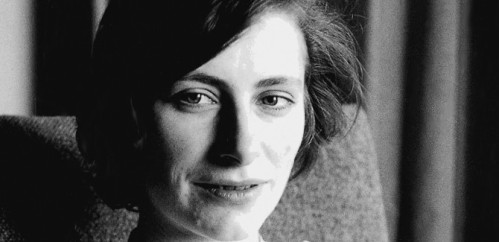Dorothee Soelle, Against the Wind: Memoir of a Radical Christian
A series of short 3-6 page chapters proceeding chronologically from growing up in Germany, through the war years, to her education, her intellectual influences, especially, existentialism; her becoming a teacher, raising a family, her learning and grappling and going beyond Bultmann; her changing theology which grappled both with modernity and mass suffering; her participation in political Evensong, the centrality of Vietnam for her links between past (Auschwitz) and present, ethics and politics), her leftist commitments and dialogue with socialists; her views on loving Bach in a world of torture, her move to NYC to teach part of the year, her growing conscientization as a woman through Harrison and Hayward; the pain of giving birth to her children, the gift of tears, her growing love for Fulbert her husband; her lover’s quarrel with the church, her full entry into feminism and mutuality via Union friends, her walking with the liberationists in Latin America as a way of going further than political theology; her solidarity with the Nicaraguan people, her involvement in the cause of Argentinean disappeared, her activism in the European peace movement especially during the Reagan years of build-up; her work against apartheid, her growing Jewish consciousness and meetings and discussions with Wiesel; her support of the Sanctuary movement; her memories of Heinrich Böll; her commitment to being a leftist after the 1989 changes; her struggle with religious language; her cool relationship with her mother and accompaniment as she was dying; her best friend Luise Schottroff; her grappling with age and impending death and the need to become lighter; her remembering the best and not giving up.
__________________
“How could this happen? What did my parents do to stop it? What side were my teachers on? Which of my country’s traditions conditioned ‘it,’ the only name that we could use for the horror? Did Martin Luther play a part? Richard Wagner? Friedrich Nietzsche? Martin Heidegger? Were our schools not like the barracks? Were families not meant to produce underlings? ‘Where were you when it’ happened?’ we used to ask the adults.”
“I can put into one world what it is that separates me from Bultmann: Auschwitz. My attempt to do theology is marked by the awareness that I live after Auschwitz. Bultmann, on the other hand, does his thinking within the confines of a bourgeois understanding of scholarship as objective and unrelated to the times.”
“But for me, a German, it is not quite so simple. In the end, all who did not put up resistance were implicated, entangled in the belief systems of ‘these’ Germans, lending them a hand and sharing in the profits. Among those who ‘went along,’ in the broadest sense of the words, were all who practiced the art of looking away, turning a deaf ear, and keeping silent. There has been much quarreling about collective guilt and responsibility, but my basic feeling is, rather, one of ineradicable shame – the shame of belonging to this people, speaking the language of the concentration camp guards, singing the songs that were also sung in the Hitler Youth and the Company of German Girls. That shame does not become superannuated; it must stay alive.”
“The Vietnam War also helped me to see my own history from a new perspective: Auschwitz did not end with the war; it continued – that was the lesson to be learned.”
“I experience our language as broken, horribly corrupted. When the word ‘love’ gets applied to a car, or the word ‘purity’ to detergents, then these words have lost all meaning; they have been stolen. In this sense, all words among us that express feelings have sustained serious damage. This is especially true for the language of religion. ‘Jesus Christ is our redeemer’ – this is destroyed, dead language. It means absolutely nothing, no one understands it; it is religious babble that, although available in staggering quantity, no longer says anything. This is what I mean when I say that language is broken.”
—8.15.2001
